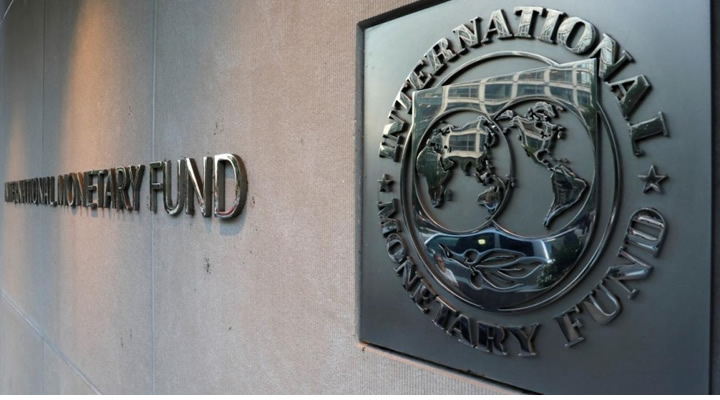In its recent post-financing assessment report on Nigeria, the International Monetary Fund (IMF) presented a bleak picture of the country’s economic prospects.
The IMF warns that Nigeria’s inflation rate might reach an all-time high of 44% if the Central Bank of Nigeria (CBN) does not considerably tighten monetary policy.
This worrisome inflation rate is forecast under a situation in which the naira remains under severe pressure, aggravated by the possibility of a climatic shock striking the country early in 2024.
The paper highlights a troubling sequence of events in which the combined impacts of insufficient monetary tightening, sustained naira pressure, and poor weather circumstances threaten Nigeria’s economic stability.
The IMF predicts a 35% depreciation of the naira by 2024, aggravating inflationary pressures.
The IMF noted:
“A negative scenario involving an inflation-depreciation spiral paired with a climate shock would enhance threats to Nigeria’s ability to repay the Fund. Staff supplied the authorities with a downside scenario that had the following features:
“Monetary policy has not been tightened sufficiently to bring inflation below 20%, and naira pressures persist. Nigeria will experience another harsh climate shock in early 2024, following severe flooding in late 2022. This would worsen the country’s agriculture, resulting in lower output and higher food costs.Given the lack of domestic production and the recent liberalisation of commodity imports, the exchange rate is anticipated to fall further—by an estimated 35% in 2024—and contribute to a strong rise in inflation, peaking at 44%, before monetary policy is tightened sharply.”
Despite these problems, the IMF believes Nigeria will repay the Fund, given that foreign debt repayment remains a priority.
However, the need to address pressing humanitarian issues, such as rising poverty and food insecurity, jeopardises this repayment capability, necessitating severe trade-offs. The ambiguity surrounding Nigeria’s net international reserves, as well as the possibility of new exogenous shocks, pose further risks to the country’s economic stability and citizens’ well-being.
More insights.
The Nigerian naira fell significantly against the US dollar in the official market this week, finishing at an unsettling rate of N1,537.96/$1.
This downturn is due to continuous demand pressures that continue to degrade the currency’s value, as seen by a 74% drop in FX turnover to $84.10 million. This decline in FX availability exacerbates the Naira’s issues, as both official and parallel market rates depreciate, casting doubt on the country’s economic stability.
Adding to Nigeria’s economic troubles, the National Bureau of Statistics (NBS) reported a major inflation rise of 29.90% in January 2024, up from 28.92% the previous month.
The 0.98% increase in headline inflation from December 2023 highlights the Nigerian economy’s sustained inflationary pressures.
Despite the Central Bank of Nigeria’s (CBN) efforts to stabilise the currency through different foreign exchange policies and monetary tightening measures, the country’s broad money supply reached a record N78.74 trillion in December 2023.
This implies a whopping 51% year-on-year growth from N52.16 trillion in 2022, indicating probable future inflationary pressures that threaten Nigerians’ purchasing power.
The CBN has been proactive in its efforts to control inflation, raising the Monetary Policy Rate (MPR) steadily from 11.5% in May 2022 to 18.75% by July 2023. However, these initiatives have yet to alter the inflationary trend, which poses considerable economic concerns.
The focus is now on the CBN’s first Monetary Policy Committee (MPC) meeting of 2024, which is expected next week. All eyes are on Governor Yemi Cardoso, who is expected to explain the central bank’s stance on interest rate hikes and its strategy to tackle increasing inflation.
This meeting is significant, particularly because Governor Cardoso’s policy direction may disagree with President Bola Tinubu’s plan to cut interest rates in Nigeria, perhaps sparking a policy confrontation at a time when unified economic strategies are critical.



